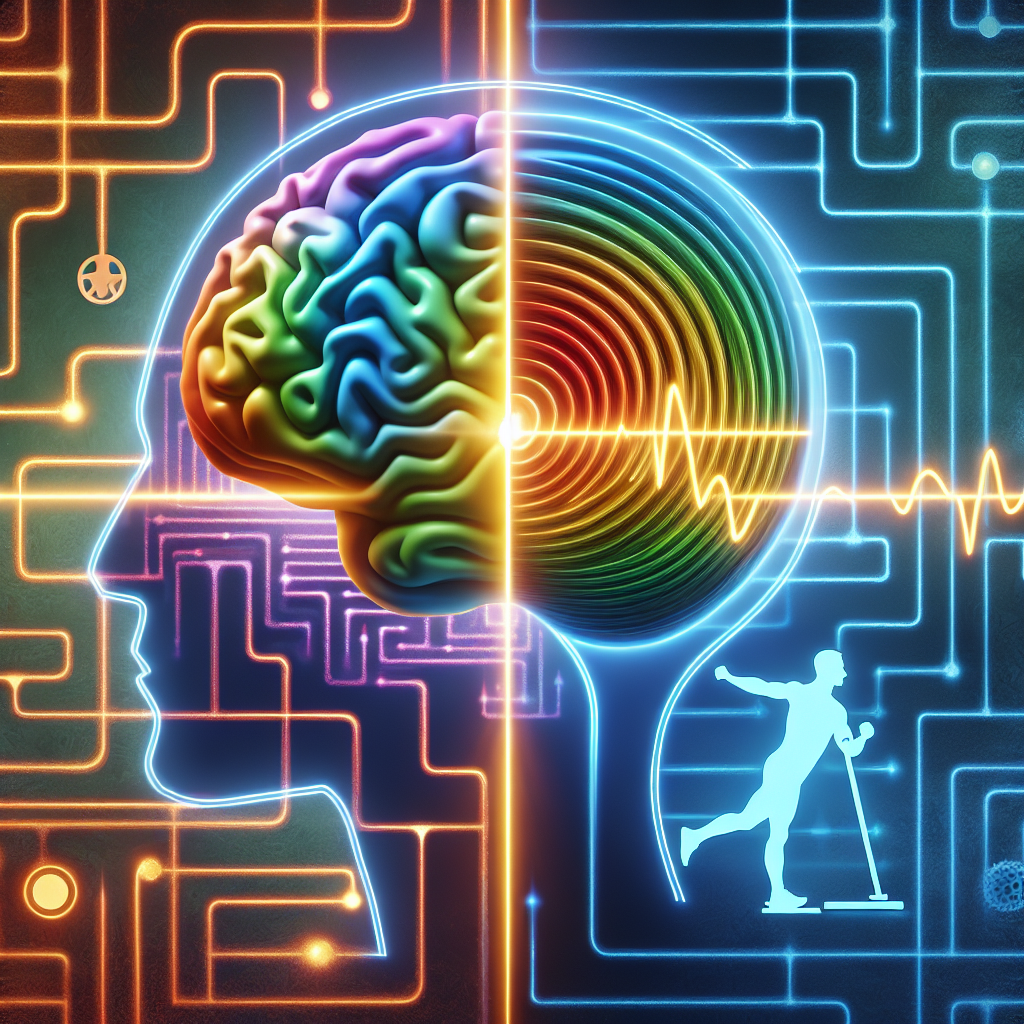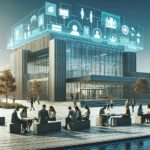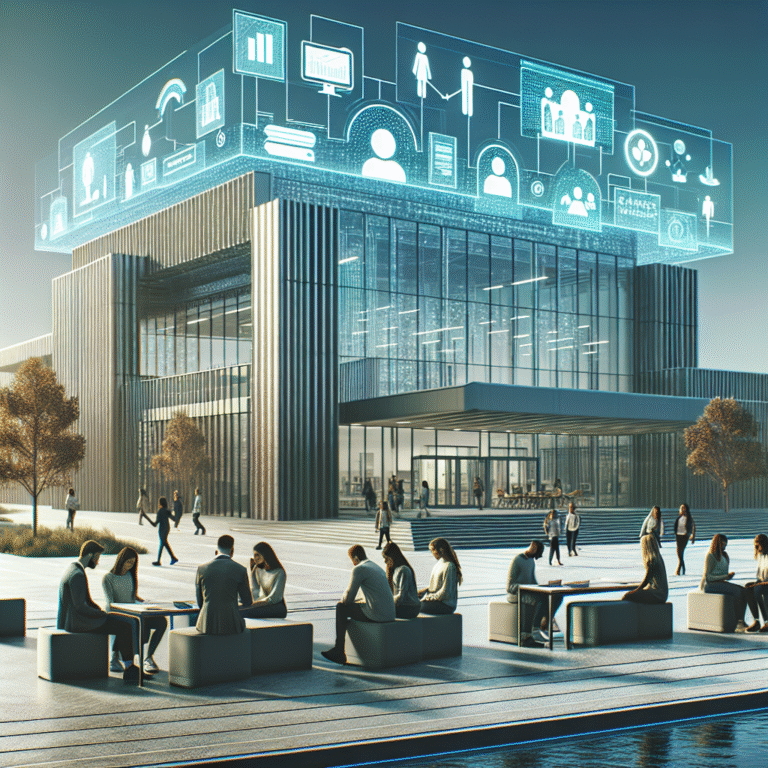
Introduction
Imagine recovering from a serious injury—perhaps a broken leg or a stroke. As you begin physical rehabilitation, you find yourself facing not just physical challenges, but emotional and psychological ones, too. This scenario illustrates the powerful interplay at The Intersection of Mental Health and Physical Rehabilitation: A Comprehensive Look at Rehabilitation Psychology.
The importance of addressing both physical and mental health during recovery cannot be overstated. Research shows that psychological well-being can significantly affect physical rehabilitation outcomes, making it essential for healthcare providers to adopt a holistic approach. In this article, we’ll delve deeply into rehabilitation psychology, its significance, and how integrating mental health support enhances recovery efforts.
Understanding Rehabilitation Psychology
What is Rehabilitation Psychology?
Rehabilitation psychology is a specialized field that focuses on the psychological aspects of recovery from injuries and illnesses. Professionals in this domain work collaboratively with physical therapists and other healthcare providers to ensure that patients receive comprehensive care that addresses their emotional, social, and cognitive needs.
The Need for Integration
The link between mental health and physical rehabilitation is well-documented. According to the American Psychological Association, psychological factors such as motivation, mood, and coping skills can directly influence physical recovery rates. At The Intersection of Mental Health and Physical Rehabilitation: A Comprehensive Look at Rehabilitation Psychology, it’s evident that a multidisciplinary approach yields better outcomes.
Key Components
Assessment: Comprehensive evaluations to identify emotional and psychological issues that may hinder recovery.
Intervention: Structured psychological interventions like cognitive-behavioral therapy (CBT) and mindfulness techniques to improve coping strategies.
- Collaboration: Team-based approaches that include psychiatrists, psychologists, and physiotherapists to create integrated treatment plans.
Real-World Applications
Case Study 1: Stroke Rehabilitation
In a notable case at a rehabilitation center, a 53-year-old woman named Laura experienced significant depression following her stroke. While physical therapy addressed her mobility issues, Laura struggled with feelings of isolation and despair.
Intervention: A rehabilitation psychologist was brought into her care team. Through weekly counseling sessions, Laura learned coping strategies and how to set achievable goals. By focusing on both her physical recovery and her mental well-being, Laura successfully regained her mobility and returned to her daily activities.
Relevance
This case exemplifies how The Intersection of Mental Health and Physical Rehabilitation: A Comprehensive Look at Rehabilitation Psychology is critical for comprehensive patient care. Laura’s story highlights that without addressing the mental health component, her physical recovery may not have been as successful.
Case Study 2: Sports Injury
A sports rehabilitation facility treated a 25-year-old athlete, Ben, who faced a severe knee injury. While he was physically motivated to recover and return to the field, his anxiety about reinjury led to significant mental blocks during rehabilitation.
Intervention: Ben worked closely with a rehabilitation psychologist who utilized exposure therapy techniques to help him face his fears gradually. This psychological support, combined with physical rehabilitation, promoted both his mental and physical recovery.
Relevance
Ben’s experience underlines the importance of understanding psychological barriers in rehabilitation contexts. The integration of psychological strategies into the rehabilitation process significantly improved not only his recovery speed but also his confidence to return to sports.
The Role of Mental Health in Physical Rehabilitation
Motivation
Motivation is a pivotal factor in recovery. Individuals who maintain a positive outlook tend to follow their rehabilitation plans more closely. Encouragement from mental health professionals can bolster motivation, ensuring that patients engage fully in both physical and psychological therapies.
Coping Strategies
Coping mechanisms significantly impact how patients handle the stresses that come with rehabilitation. Techniques such as mindfulness and cognitive restructuring can equip patients to manage challenges effectively, promoting healthier mental states.
Emotional Support
Having a strong support system contributes to better mental health during rehabilitation. Family and friends can play vital roles, but professional support from psychologists helps patients navigate complex emotions that arise during recovery.
Integration of Technology
Modern rehabilitation psychologists also leverage technology to facilitate mental health support. Apps that promote mindfulness, virtual therapy sessions, and online support groups are valuable tools in providing ongoing mental health care in a convenient format.
Overcoming Common Challenges
1. Stigma Surrounding Mental Health
Despite the clear benefits of integrating mental health into physical rehabilitation, stigma persists. Patients may hesitate to express emotional struggles, fearing judgment. Increasing awareness through education can help dismantle these barriers.
2. Limited Resources
Not all rehabilitation centers incorporate psychological services due to resource constraints. Advocating for policy changes that promote funding for mental health initiatives in rehabilitation can bridge this gap.
3. Fragmentation of Care
Many patients receive care from multiple providers, which can lead to fragmented treatment. Developing coordinated care strategies that ensure seamless communication between physical and mental health professionals is critical.
The Future of Rehabilitation Psychology
As we move forward, the integration of mental health and physical rehabilitation will only become more essential. Advances in research will continue to highlight the profound impact of psychological well-being on physical health outcomes. Training programs for rehabilitation professionals should emphasize the importance of mental health awareness, creating a new generation of clinicians who seek to address health holistically.
Conclusion
The intersection of mental health and physical rehabilitation is a dynamic and essential field that can no longer be overlooked. By addressing psychological needs alongside physical ones, healthcare providers can foster a more effective recovery process. As we have seen through the case studies and insights shared, understanding The Intersection of Mental Health and Physical Rehabilitation: A Comprehensive Look at Rehabilitation Psychology leads to transformative outcomes for patients.
Let this serve as both a call to action and a source of inspiration for healthcare professionals, patients, and families alike. Embrace the holistic approach to recovery, and remember that addressing the mind is just as crucial as healing the body.
FAQs
1. What is rehabilitation psychology?
Rehabilitation psychology focuses on the psychological aspects of recovery from injuries or illnesses, aiming to support patients emotionally and mentally throughout the rehabilitation process.
2. How does mental health affect physical rehabilitation?
Mental health can significantly impact motivation, coping strategies, and emotional resilience, all of which influence physical rehabilitation outcomes.
3. What interventions are used in rehabilitation psychology?
Common interventions include psychotherapy methods like cognitive-behavioral therapy (CBT), mindfulness practices, and motivational interviewing, tailored to meet individual patient needs.
4. How can families support loved ones in rehabilitation?
Families can provide emotional encouragement, assist in setting realistic goals, and promote open discussions about mental health challenges, creating a supportive home environment.
5. What are some barriers to integrating mental health in physical rehabilitation?
Barriers may include stigma around mental health, limited mental health resources in rehabilitation settings, and a lack of coordinated care among different healthcare providers.
In closing, the journey towards effective rehabilitation is one where the mind and body must work in unison—acknowledging both contributes to the ultimate goal of a complete and fulfilling recovery.

















